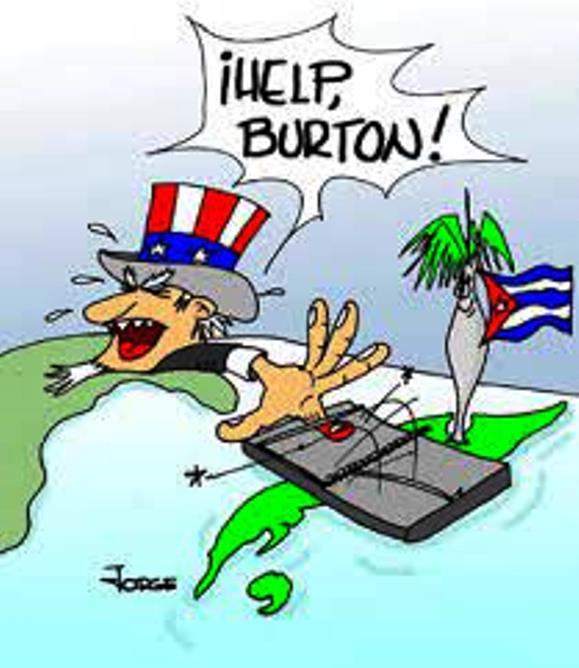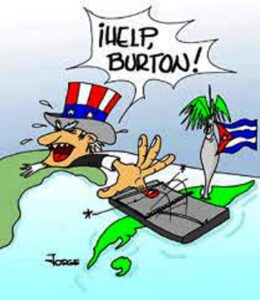Helms-Burton remains unconstitutional and has no future (Part 2).


A bit of history is necessary to understand this issue. It turns out that the doctrines governing personal jurisdiction in the United States have generated a great deal of discourse within the United States Supreme Court, with many cases refining and explaining the concept, leading to the test used today, in which the general scope for determining whether a court may exercise personal jurisdiction over a party has been expanded in certain respects, but narrowed in others.
However, in all cases the Supreme Court has ruled that such analyses must be consistent with the principle of Due Process, enshrined in the Fourteenth Amendment to the Constitution.
Thus, the Fourteenth Amendment to the U.S. Constitution includes, among others, the Due Process Clause and the Equal Protection Clause, which was proposed on June 13th, 1866 and ratified on July 9th, 1868.
In legal terms, I explain: the Amendment provides a broad definition of national citizenship, which overrides the decision of Dred Scott v. Sandford (1857), which had excluded slaves and their descendants from having constitutional rights. Likewise, the Amendment requires states to provide equal protection under the law to all persons (not just citizens) within their jurisdictions.
The importance of the Fourteenth Amendment was exemplified when it was interpreted to prohibit racial segregation in public schools in Brown v. Board of Education.
Written by Dc Osvaldo Manuel Álvarez Torres.




